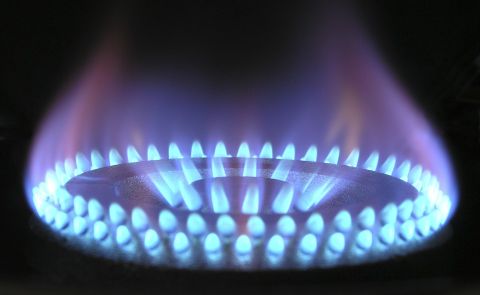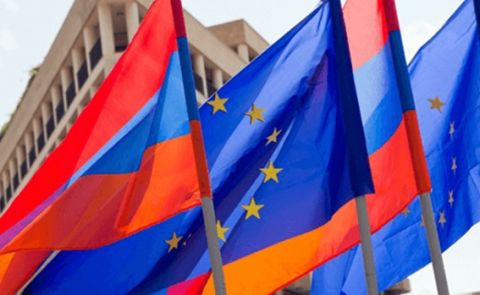
Violent clashes between the police and locals in the Pankisi Gorge in Georgia

On 21 April massive clashes between the Georgian police and the local inhabitants broke out in the Pankisi Gorge. The construction of the Khadori-3 hydropower plant angered the local populace, whose protests resulted in a violent outbreak. The Pankisi Gorge is located in northeastern Georgia and belongs administratively to the district Akhmeta. The region is home to the Muslim Crates, a subgroup of Chechens.
The "Caucasian Knot" has reported that several hundred residents of the Pankisi Gorge gathered for a spontaneous rally in the village of Birkiani of the Akhmeta District of Georgia to prevent the launch of the construction of the "Khadori-3" mini-Hydropowerplant, scheduled for April 21. The law enforcement used tear gas and rubber bullets against them. According to the MIA, the protesters set fire to construction equipment and police cars.
Locals were opposing the Khadori-3 hydropower plant, claiming that it will damage the environment of the mountainous region. Locals have long been protesting the construction works of the series of small powerplants, fearing a possible loss of drinking and irrigation water. The protesters already managed to halt the construction of the Khadori-3 powerplant in June 2018.
A few days earlier, representatives of the Georgian government visited Pankisi and said that they would address the complaints, but that did not happen. According to the Reg.Info news agency, the decision to resume construction was communicated to the locals on April 18 by the Minister for Infrastructure and Regional Development, Maia Tskitishvili, Minister for Environment and Agriculture, Levan Davitashvili, and the newly appointed Minister of Economy, Natia Turnava.
Deputy Interior Minister Kakha Sabanadze was on the ground and tried to ease tensions by offering the community leaders and protesters to meet the Minister of Interior, Giorgi Gakharia, in Telavi, the regional center of the Kakheti region. Interior Minister Giorgi Gakharia arrived on the scene shortly after the incident. Locals agreed to cease the demonstration after the community leaders and the Minister agreed that the authorities would remove the riot police from the area.
Publicly commenting after the talks, Gakharia said the company building the power plant would halt the construction works and continue talks with the local residents. “We have decided to postpone the power plant construction and agreed on the following – it will only be built, if 90% of the locals support it,” he noted. Gakharia said, however, that the police would maintain an enhanced presence in the area. He also stressed that those guilty of assaulting the police would be identified and held accountable. “We have to calm down now and do what corresponds to the centuries-old history of our brotherhood and inter-relations,” the Minister added.
Emzar Tokhosashvili, one of the protest leaders, responded after the talks that there is near-absolute consensus amongst the polpulace that the power plant will not be built. “Only 2-3% of local residents might be in favor of building it, the rest opposes it… The government is not doing anything to develop the area, they are protecting the interests of investors only,” he noted.
On 22 April, the government of Georgia issued an official statement regarding the Pankisi incident. In the statement it was mentioned first that the investment for the powerplant amounted to up to 40 million US Dollars and that it is a project that would greatly contribute to the development of the local economy in the Pankisi Gorge. Furthermore, the government specified the construction plans in an attempt to calm the worries regarding environmental damage and property right violations. The government also stressed that the company in charge of the powerplant has taken on the responsibility to help the local residents and promised to carry out a number of projects in this regard. In the end, the statement called upon the population of Pankisi not to engage in any kind of violence or destructive actions and expresses the readiness of the government to negotiate with the public to reach a consensus.
According to the Ministry of Internal Affairs, 55 people were injured in the clashes, amongst them were 17 civilians and 38 police officers. After the protests, 15 protesters were detained, but were afterwards released. An investigation is underway under articles 353 and 187 of the Criminal Code of Georgia, involving the assault on police officers and arson.
See Also

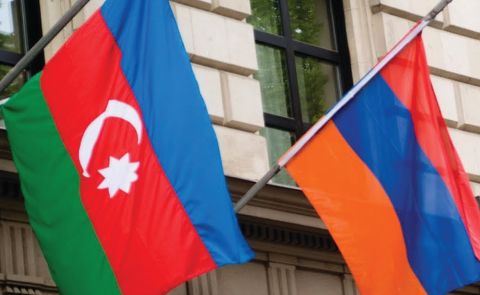
Armenia Reaffirms Peace Deal Readiness, Criticizes Azerbaijan's Preconditions

ING's Forecast for Azerbaijan Highlights Oil Price Risks and Gold Export Opportunities
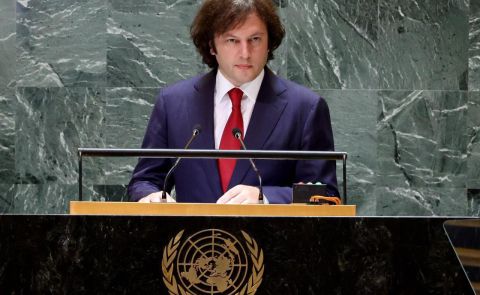
Georgian PM to Attend European Political Community Summit
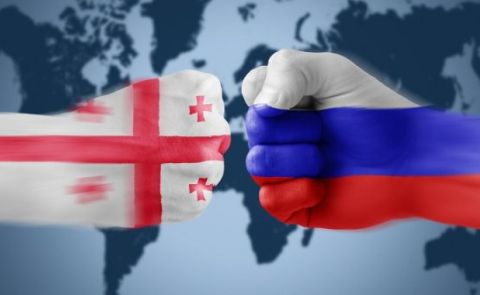
Putin Urges Georgia to Uphold Friendship Traditions, Signature Collection Begins in Tbilisi to Restore Ties
